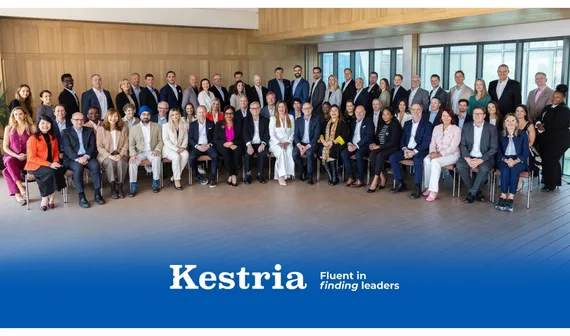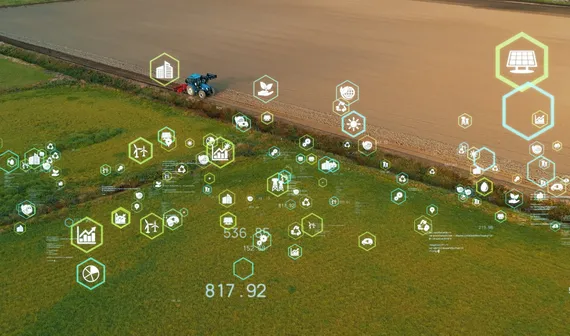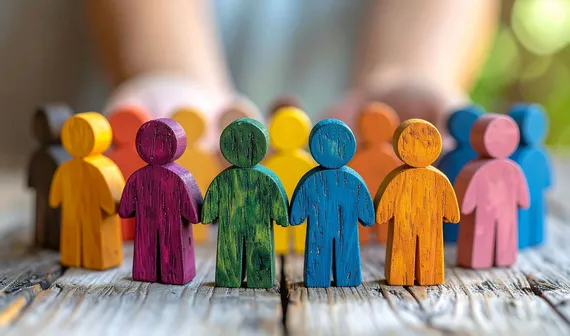Featured articles

Leading in a disrupted world – Kestria Leadership Barometer 2025
In a world shaped by constant disruption; be it geopolitical instability, inflation, technological shifts or talent shortages—leaders must navigate this increasingly complex landscape. The inaugural Kestria Global Leadership Barometer brings together the voices of over 600 senior leaders from around the world to shed light on how they and their organisations are responding to these challenges, and what this means for the future of leadership.

Sustainable production: Minimizing environmental impact
Sustainability in industrial production is no longer just a corporate responsibility, it’s a competitive imperative. As industries face increasing regulatory pressures, rising resource costs and changing consumer expectations, integrating sustainable practices is essential for long-term resilience. Beyond reducing environmental impact, sustainable production improves efficiency, drives innovation and enhances brand reputation. Companies that embrace sustainability are better positioned to attract top talent, meet evolving market demands and future-proof their operations in a rapidly changing global landscape.

The future of executive search and the trends shaping leadership hiring
The executive search industry is undergoing a profound transformation, shaped by advancements in AI, evolving client expectations and an increasingly globalised talent market. To better understand these shifts, Kestria conducted a global survey, gathering insights from 141 Managing Partners and senior consultants across more than 40 countries. The findings highlight the key trends, challenges and opportunities redefining executive search, offering a closer look at how firms are adapting and what distinguishes industry leaders in this rapidly changing landscape.






